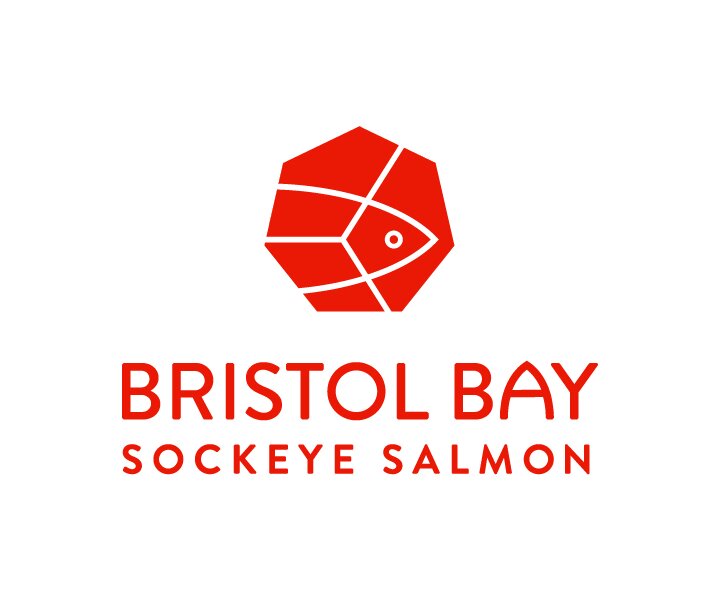BBRSDA Position on Habitat Protection & Large-Scale Mining
November 16, 2018
The mission of the Bristol Bay Regional Seafood Development Association (BBRSDA) is to increase the value of the Bristol Bay seafood products for the benefit of fishermen. The organization funds activities that market fishery products, elevate fish quality at the point of harvest, and support resource sustainability.
BBRSDA and the vast majority of our 1,800-plus fishermen members are strongly opposed to large-scale mining in the Bristol Bay watershed. This fact is supported by BBRSDA member comments and fleet surveys. Due to the region’s geological and hydrological characteristics, large-scale mining poses a significant, long-term risk to regional salmon runs. Productive and diverse sockeye salmon habitat is the foundation of the Bristol Bay salmon fishery. Promotion of seafood harvested in the region is BBRSDA’s primary function. Protecting salmon habitat is a critical part of promoting the fishery because without abundant salmon runs, there is no fishery resource to promote. Further, the value of Bristol Bay salmon is closely linked to a favorable public perception of the environment from which it comes. Processing mine ore near the headwaters of this salmon fishery could severely damage the perception of Bristol Bay salmon, and in doing so adversely affect the value of regional seafood products.
The Bristol Bay sockeye salmon resource is more than a point of regional pride. It is the most valuable wild salmon fishery in the world and the crown jewel of the Alaska salmon industry. This one region accounts for nearly half the world’s sockeye salmon harvest. While other salmon runs have recently suffered through poor runs due to climate change or man-made calamities, Bristol Bay witnessed the largest sockeye return on record in 2018. This renewable, sustainable resource is a unique, global treasure.
Going forward, BBRSDA can and will engage in allowable activities to support salmon habitat protection in Bristol Bay, such as: participating in the federal NEPA process, interfacing with appropriate agencies that regulate habitat use, communicating with our fleet, providing information to the public, meeting with stakeholders, and working with habitat protection groups. This work is a fundamental part of our statutory purpose and strongly supported by the fleet which financially supports this organization.




